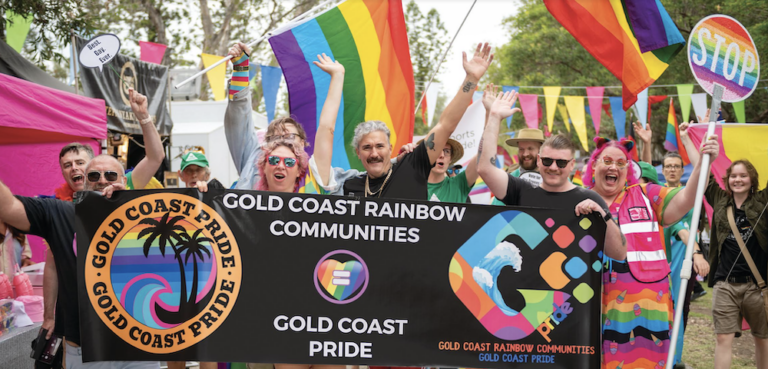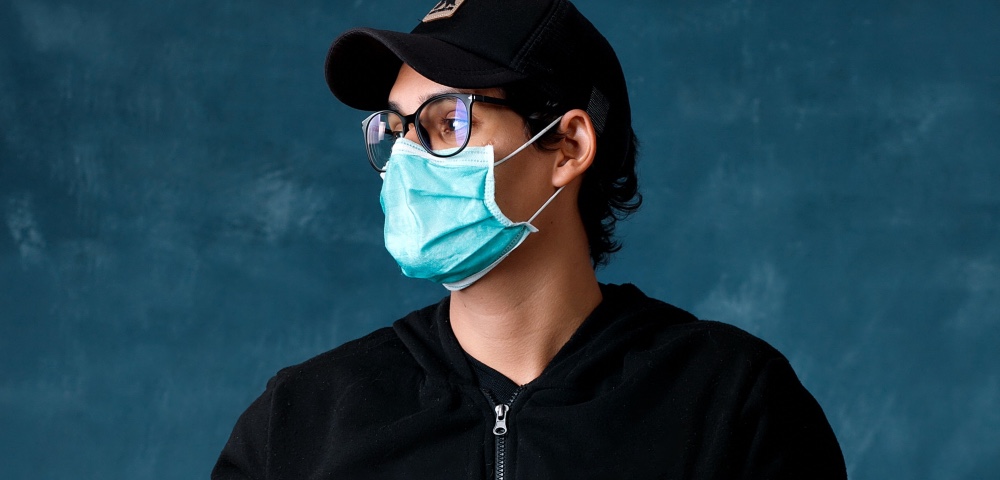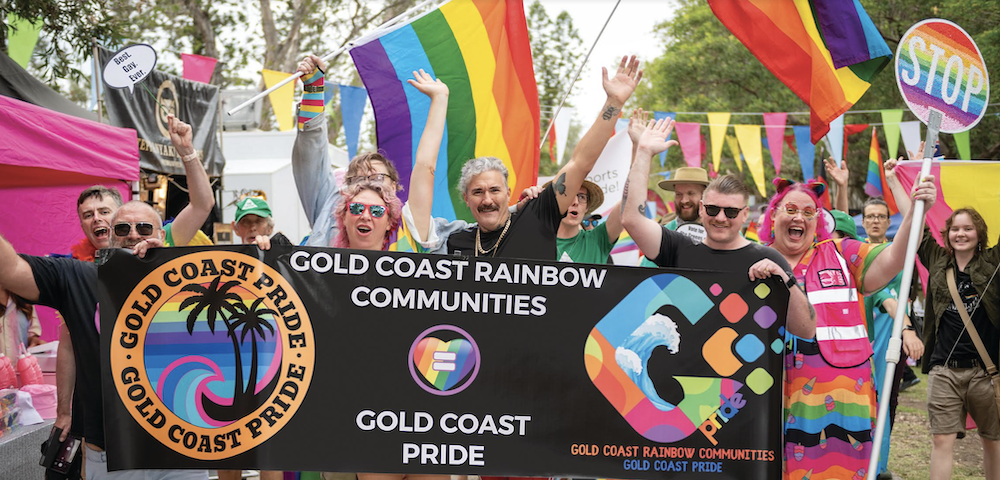
UK Issues Health Alert For Gay, Bisexual Men Over Monkeypox Outbreak

An outbreak of the rare monkeypox infection in United Kingdom and Europe has led to health authorities asking gay and bisexual men to watch out for symptoms, including for tell-tale skin lesions or rashes on any part of their body.
The number of cases in the UK rose to nine, while Portugal and Spain reported 20 suspected cases and 23 suspected cases respectively. Many of the recent cases have been reported among gay and bisexual men and men who have sex with men. UK health authorities said that the virus does not spread easily between people and the risk to the population remains low.
“The virus spreads through close contact and UKHSA is advising individuals, particularly those who are gay, bisexual or MSM, to be alert to any unusual rashes or lesions on any part of their body, especially their genitalia, and to contact a sexual health service if they have concerns,” the UK Health Security Agency said on Wednesday.
Not A Sexually Transmitted Infection
Monkeypox is a viral infection usually associated with travel to West Africa. It is spread by very close contact with an infected person.
Most people recover within a few weeks but it can be more serious for some people.
— UK Health Security Agency (@UKHSA) May 16, 2022
Monkeypox is not known to be a sexually transmitted infection, and is spread through close contact, including during sex. It can also be passed by sharing clothes or bedsheets with an infected person.
“These latest cases, together with reports of cases in countries across Europe, confirms our initial concerns that there could be spread of monkeypox within our communities, said Dr Susan Hopkins, Chief Medical Adviser, UKHSA.
“We are particularly urging men who are gay and bisexual to be aware of any unusual rashes or lesions and to contact a sexual health service without delay if they have concerns. Please contact clinics ahead of your visit,” said Hopkins.
Monkeypox is a viral infection that is rare outside West and Central Africa, which has seen growing infections in the last decade. Symptoms include fever, headache, muscle aches, backache, swollen lymph nodes, chills and exhaustion. Skin rash can develop on the face, before spreading to other parts of the body, including the genitals.
Community Transmission Raises Concerns
𝐄𝐗𝐂𝐋𝐔𝐒𝐈𝐕𝐎 𝐏𝐎𝐑𝐓𝐎 𝐂𝐀𝐍𝐀𝐋
Chegou a Portugal, o vírus Monkeypox (Varíola dos macacos)
Já há pelo menos duas dezenas de casos confirmados.
A maioria dos casos foram registados na região de Lisboa.
🔗https://t.co/6al9bEz2Vf (em atualização)#PortoCanal #Informação pic.twitter.com/FSbnPGc7XI— Porto Canal (@PortoCanalpt) May 18, 2022
As of May 18, 2022, UKHSA said that the number of confirmed monkeypox cases in the UK had risen to 9, “with recent cases predominantly in gay, bisexual or men who have sex with men (MSM).” There was no recent history of travel among the recent cases and UKHSA said they suspect that they might have picked up the infection via community transmission.
Public health authorities in Spain told El Pais newspaper that of of the 23 suspected cases, 22 were reported among men who had sex with men in recent weeks. All the five confirmed cases in Portugal were among young men who live in Lisbon and the Tagus Valley.
The US reported one confirmed case in Massachusetts in a man who had returned from Canada.
Mild Infections
Monkeypox cases are usually mild, and infections in UK has been confirmed to be the West African strain that has a fatality of one per cent of the cases. The more severe Congo strain has a mortality of 10 per cent.
According to NSW Health, “Most sporadic cases recover within a few weeks. Case fatality rates in monkeypox outbreaks have been between 1% and 10%, with most deaths occurring in younger age groups.”
“There is no specific treatment or vaccine available although prior smallpox vaccination was highly effective in preventing monkeypox as well,” NSW Health said on its website.
The Center For Disease Control and Prevention recommends that a person infected with monkeypox “should wear a surgical mask, especially those who have respiratory symptoms… other household members should consider wearing a surgical mask when in the presence of the person with monkeypox”.
Australia Issues Alert
Australia recorded its first case of monkey pox in a returning traveller. LGBTQI organisations have asked the community to monitor for symptoms.
“We urge gay, bisexual and men who have sex with men to look out for symptoms, especially those who have recently travelled overseas in Europe and the US,” ACON CEO Nicolas Parkhill said.
“We particularly urge those who attended dance parties, sex parties or saunas in Europe to be vigilant for compatible symptoms. Anyone with symptoms, particularly a rash, should call their GP or local sexual health clinic by phone or telehealth. You can also call NSW Sexual Health Infolink on 1800 451 624.”
Parkhill added that it was important for the community to stay informed but there was no cause for panic. “Our experience over the past two years of living through the pandemic demonstrates how effective our response can be when we are guided by evidence, keep ourselves up-to-date and always follow public health advice.”
Viral outbreaks and infections also bring with it stigma and discrimination and it was important to challenge prejudice and discrimination.
“Through our experience with the HIV/AIDS crisis, our communities understand just how devastating and hurtful the impact of prejudice and stigma can be. It’s important we remember that viruses do not discriminate, and neither should we.”
For more information on the Monkeypox infection, check the Thorne Harbour Health website.









